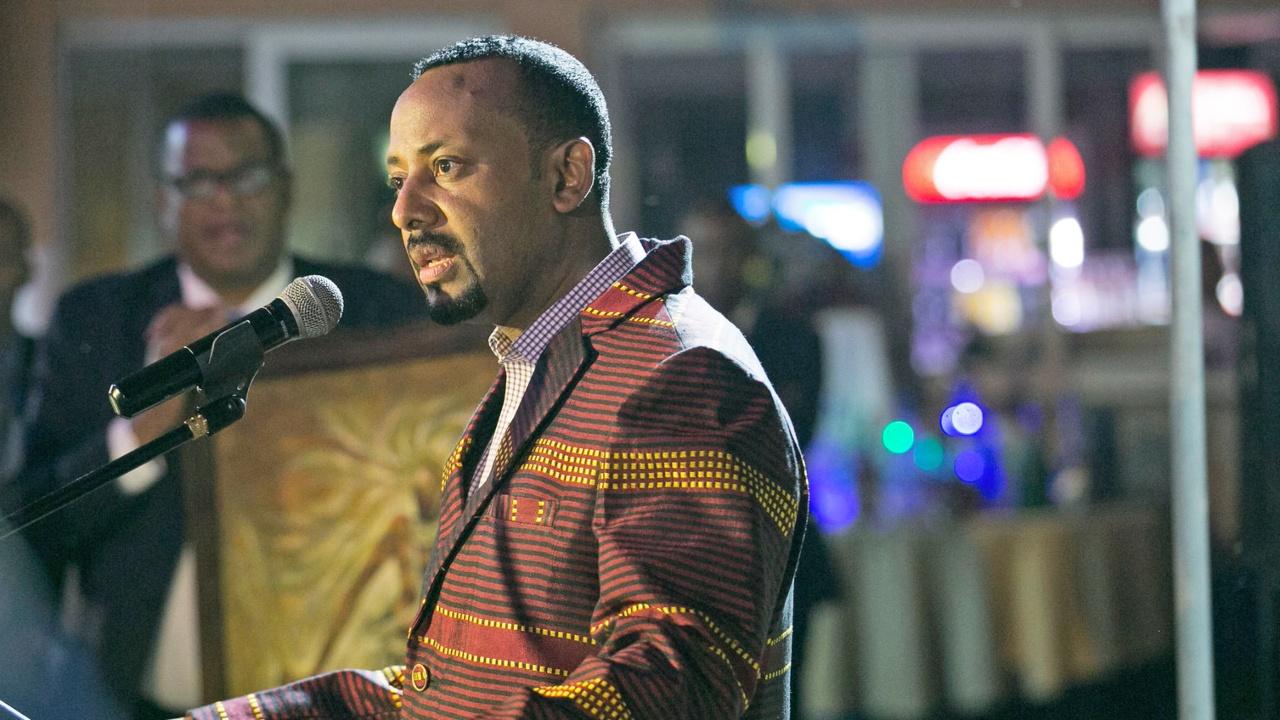Walter Gam Nkwi recounts the impact of returning Cameroonian soldiers from Spanish Guinea on the Cameroon Grassfields after the end of the First World War in 1919.
As soldiers returned home to the Cameroon Grassfields in the north of the country from Fernando Po in Spanish Guinea, they brought with them new ideas which introduced “modernity” to this region. These former soldiers became not only evangelists, but also pioneers of “new love” in the region.

The first German missionaries entered Cameroon midway during the 19th century, but they only started to make headway in the Cameroon Grassfields in the first decade of the 20th century. The German missionaries (The Pallotine Fathers), who introduced Christianity, left the territory when Germany was defeated in 1916. As a result, soldiers, recruited by the former colonial power Germany and who had fought battles in Nsanakang, Douala, Yaounde, and Mora, became the driving force of social change through spreading Christianity. They had converted to Christianity in Fernando Po under the guidance of German war chaplains. These ex-soldiers were scattered throughout the Cameroon Grassfields and took upon themselves the duty of spreading the “glad tidings” among their own people.
However, this evangelising was not without hurdles. It often led to tensions with both the traditional leaders and colonial authorities. The friction was basically centred on land since, to a large degree, the traditional rulers gave land to the missionaries to construct churches. Secondly, members of the royal family who wanted to be converted also contributed to tensions. Furthermore, German military training had made the ex-soldiers unbending and obstinate. The strict religious training which they had received from the German military chaplains both on the war front and in the concentration camps in Fernando Po also played a factor.
Despite tensions which led to occasional arrests and short periods of imprisonment, the ex-soldiers embarked on constructing buildings which served as centres of conversion. They set up churches in their villages against the wishes of the traditional rulers. For instance, in Nkwen, a neighbouring village to the Bamenda station, Cameroon’s ex-soldiers opened a church at Futru very much against the wishes of Fon Azefor. In Tabenken, another region in Cameroon, some of the ex-service men introduced the Mbaya dance which was a means of attracting converts into the church compound.
Ultimately, these men, whose knowledge of the Christian faith was by no means really deep while proving obstinate both to traditional leaders and British colonial authorities, brought massive change to their society.
Another source of conflict between the returning soldiers and traditional leaders was women. Among the first of the ex-soldiers’ converts to Christianity were women especially wives of the Fons (traditional leaders). The attraction stemmed from the fact that Christianity constituted a liberal force.
Colonial reports found in the Buea archives in Cameroon support this view. Writing about the returned soldiers who brought Christianity, the Divisional Officer (DO), Hunt, claimed that the return of Christianity in the Cameroon Grassfields, especially in Kom, attracted many young women, the wives of the chiefs among them. Most of these women were royal women who by extension were the wives of the Fon (the leader of the land who performed quasi-religious functions). Court cases between the Fon and missionaries on the other hand became a common currency in the 1920s. Yet the missionaries were not prepared to allow their new converts to go back to their heathen ways. They therefore challenged the traditional as well as colonial administration.
Another source of attraction for the women was the new attitudes that these former soldiers exuded, acquired from the time spent serving alongside German officers and absorbing European outlooks. To most women, these men embodied “modernity” because of their styles of dressing, talking and even thinking. In fact, these women wasted no time in falling in love with the ex-soldiers. In the Cameroon Grassfields, the Fon had so many wives that some never even made it to his bed. Furthermore, these traditional rulers were usually old and frail so it was even less likely that they could satisfy the sexual needs of many young wives. The primary role of these wives was to plough the Fon’s farms and prepare food for palace guests. Many of these women abandoned their royal duties to enjoy the new type of romance which appeared to liberate them from bondage.
Ex-soldiers were not only responsible for challenging the traditional status quo ante but defied the colonial administration. In other parts of West Africa, like Guinea, ex-soldiers were at the forefront of strikes and riots in which the chiefs and the colonial administration were targets.
Walter Gam Nkwi is a Senior Lecturer at the University of Buea in Cameroon.



